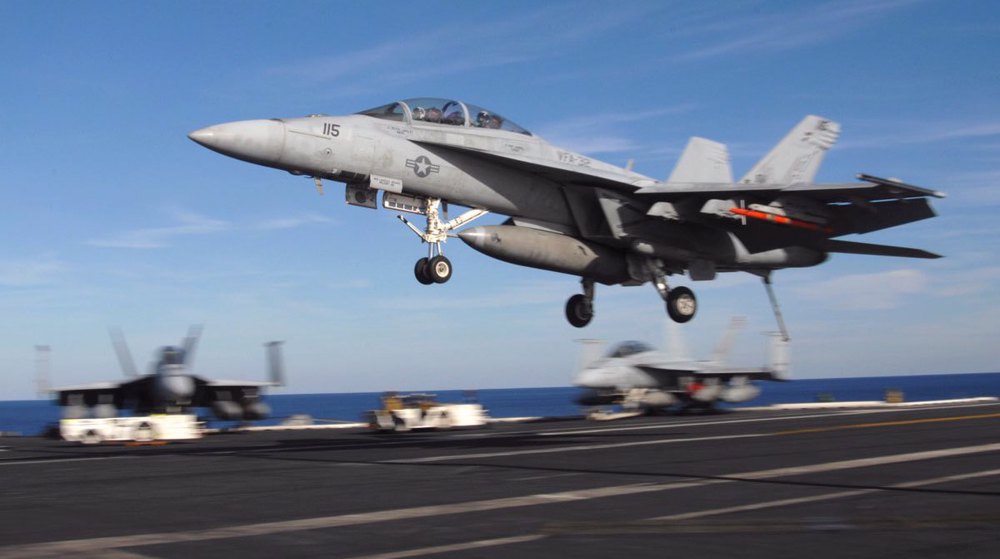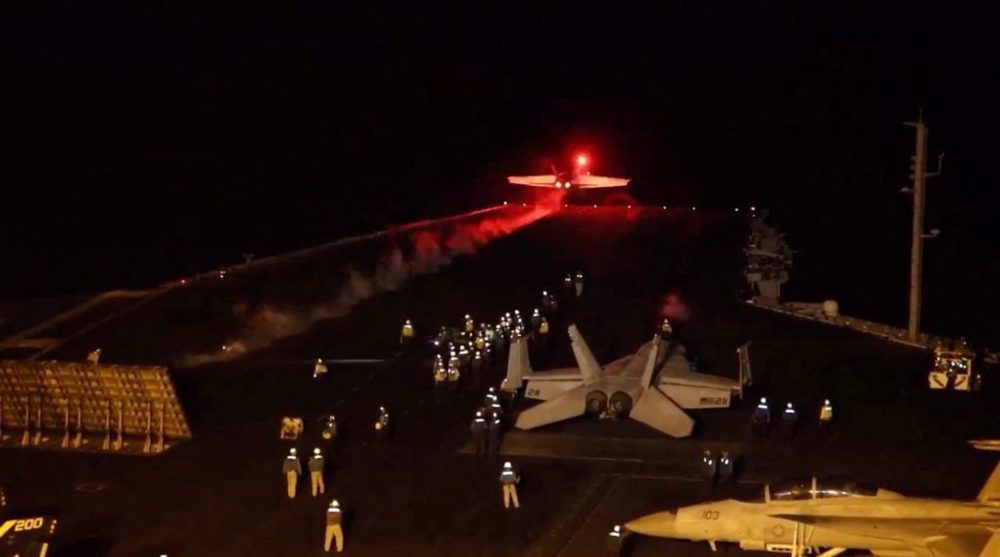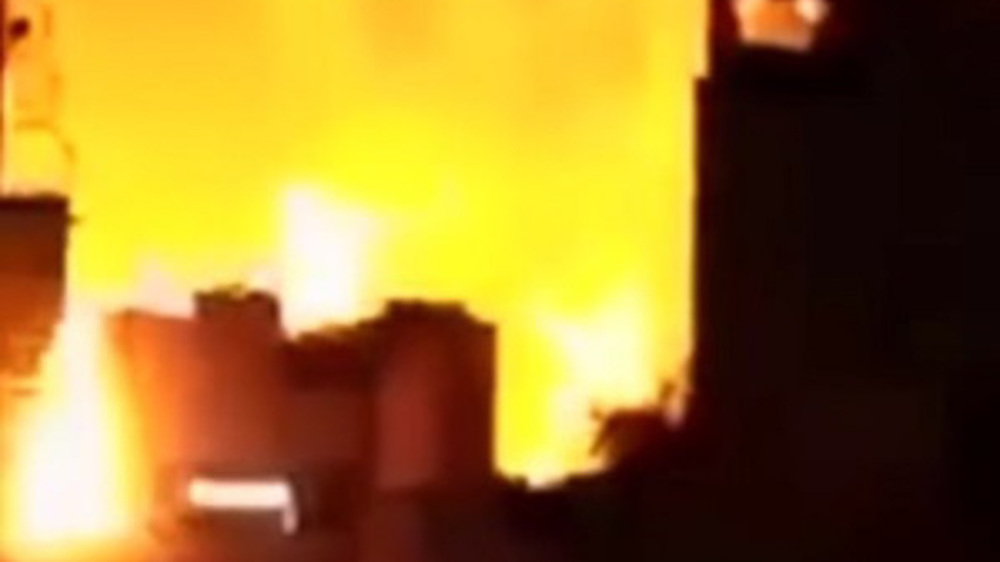Saudi-led militants start takeover of Yemen’s Socotra after fierce infighting
Saudi Arabian-backed militants loyal to Yemen's former president Abd Rabbuh Mansur Hadi have started to take control of Socotra Island’s provincial capital of Hadibo after fierce fighting with UAE-supported mercenaries.
Socotra governor’s information secretary Muhammad Abdullah al-Socotri told Anadolu Agency that the takeover process began on Saturday, adding that it came as part of an agreement reached on Friday to end infighting on the island.
According to the report, the process began simultaneously with the withdrawal of armed units of the so-called Southern Transitional Council (STC), which is backed by the UAE, from positions they seized after intense clashes.
Last week, the STC declared a state of emergency and announced “self-administration rule” in Yemen’s southern regions, including the port city of Aden — which has served as the seat of Hadi’s former regime during the Saudi military aggression, sparking the tensions.
In August 2018, the UAE deployed more than a hundred troops with artillery and armored vehicles to Socotra. A few months later, a UAE official visiting Socotra said the island would become part of the UAE and its residents would be given Emirati citizenship.
In 2019, the UAE announced a surprise plan to withdraw part of its troops from Yemen in a major blow to its coalition allies.
Both the UAE-sponsored separatists and Saudi-backed Hadi loyalists serve a Riyadh-led military coalition which has been waging a bloody war on Yemeni people since 2015.
Saudi Arabia and a number of its regional allies launched the devastating war on Yemen in March 2015 in order to bring former president Hadi back to power and crush the Houthi Ansarullah movement.
The US-based Armed Conflict Location and Event Data Project (ACLED), a nonprofit conflict-research organization, estimates that the war has claimed more than 100,000 lives over the past five years.
More than half of Yemen’s hospitals and clinics have been destroyed or closed during the war by the Saudi-led coalition, which is supported militarily by the UK, US and other Western nations.
At least 80% of the 28 million-strong population is also reliant on aid to survive in what the United Nations has called the world’s worst humanitarian crisis.
According to the UN’s top aid official, Mark Lowcock, civilian casualties have risen every month since January.
D-8’s role in Iran’s economy after Cairo summit
China slams US as ‘war-addicted’ threat to global security
China ‘firmly opposes’ US military aid to Taiwan
VIDEO | Press TV's News Headlines
President Yoon Suk Yeol to be removed from office
At least 19 Gazans killed by Israeli airstrikes since dawn: Medics
Leader: Iran neither has nor needs proxy forces
US fighter aircraft shot down ‘in friendly fire’ amid aggression on Yemen










 This makes it easy to access the Press TV website
This makes it easy to access the Press TV website